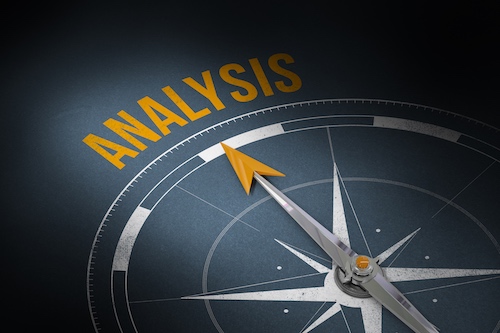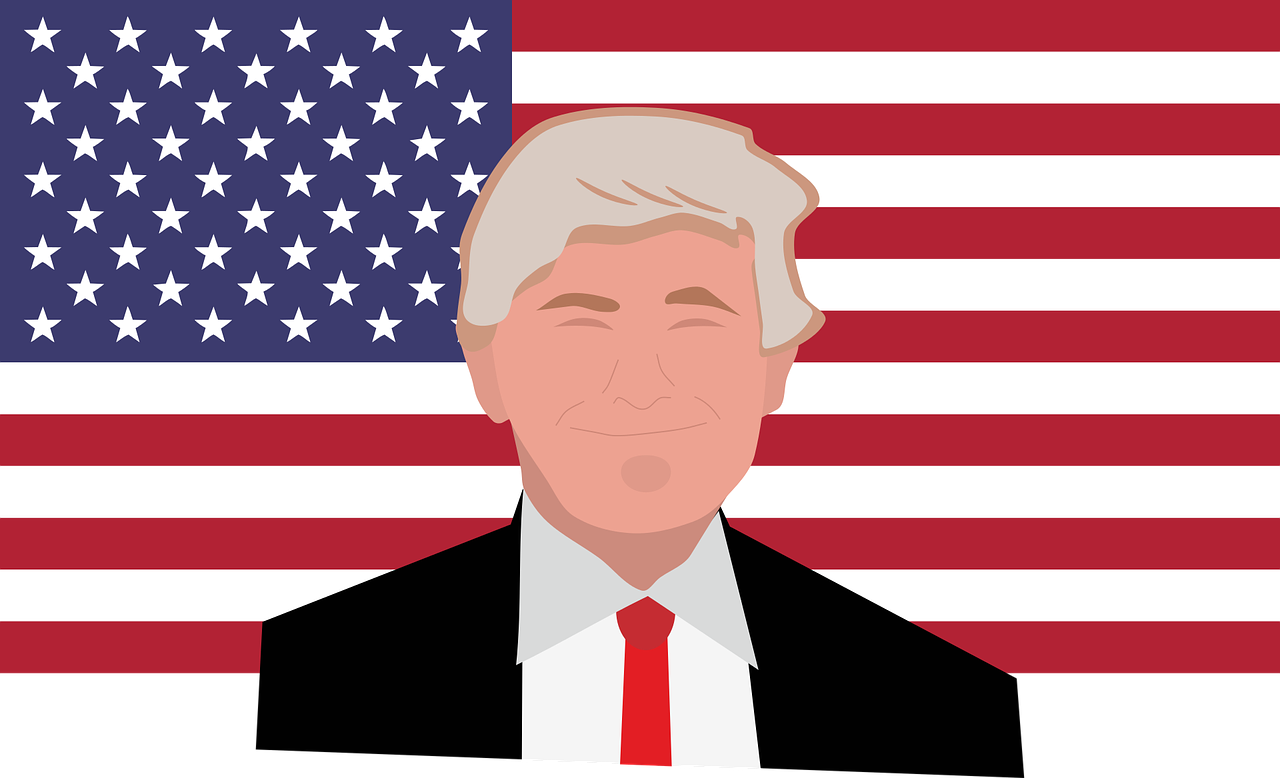Can Xockets compel NVIDIA or Microsoft to post eBay?
Support IPWatchdog with an individual sponsorship: Click here
“While eBay has raised the bar for obtaining injunctive relief in patent cases, Xockets’ arguments suggest that the remedy remains within reach, albeit challenging.”
Xockets, Inc. recently filed a complaint in the Western District of Texas against NVIDIA Corporation (“NVIDIA”), Microsoft Corporation (“Microsoft”) and RPX Corporation (“RPX”) (collectively, “Defendants”) for alleged patent infringement and violation of federal antitrust laws. Xockets is seeking an injunction along with monetary damages, as is common in patent cases. Injunctive relief in patent cases is complex. How realistic are Xockets’ chances of obtaining an injunction, given the modern judicial standards and the legal landscape? In this article, we delve into the complexities surrounding injunctive relief in patent cases that are sure to impact Xockets’ chances of obtaining an injunction in a post-eBay world.
Xockets’ Case
With respect to its patent allegations, Xockets asserts seven patents relating to various data processing unit (DPU) inventions, including cloud computing architecture and cloud network fabric in order to increase computing system speeds, lower costs of distributed computing services, and isolate critical data-intensive tasks that would otherwise overburden server processors.. Xockets targets NVIDIA’s DPU-enabled cloud computer systems, including its Hopper and Blackwell GPU graphics processing unit (GPU) enabled server computer systems and its BlueField and ConnectX DPUs.. Xockets further alleges that Microsoft’s use of NVIDIA’s infringing products within its Microsoft Azure Cloud platform also infringes Xockets’ patents.
The gravamen of Xockets’ antitrust claims centers on the allegation that NVIDIA, Microsoft and RPX colluded to monopolize the artificial intelligence computer systems market, which includes Xockets’ patented technology. Xockets claims that due to the market power of Defendants, they have “formed a cartel in order to create and/or keep a monopoly on GPU-enabled Xockets wants to enjoin NVIDIA’s release of its Blackwell GPU-enabled servers, which are set to be released during the fourth quarter this year, as well as Microsoft’ Xockets argues that “injunctive relief ‘serves both as a deterrent to patent infringement and facilitates market transactions in which fair market value is set through commercial negotiations,'” and “‘the loss of injunction to stop violations of property rights also devalues property in the marketplace, it is simply worth less given that it offers less protection to its owner.'”
The Evolution of U.S. Injunctions
If Xockets were to succeed in proving liability, it would then need to meet four criteria to obtain a permanent injunction: (1) it has suffered irreparable harm; (2) monetary damages are insufficient to adequately address this harm; (3) the balance of hardships between the parties favors granting an injunction; and (4) issuing an injunction would not harm the public interest.
Prior to the U.S. Supreme Court’s 2006 decision on eBay Inc. v. MercExchange LLC, courts granted injunctions, almost as a matter of course, upon a finding of patent infringement. In eBay, however, the U.S. Supreme Court abrogated the Federal Circuit’s “general rule” that favors injunctions following a finding of infringement, stating it was inconsistent with the The Court ruled that the four-factor test described in the Patent Act applied equally to all disputes and that each case should be decided on its own merits. In patent infringement cases, courts have increasingly focused on injunction policy concerns since eBay’s 2006 decision. In recent years there has been an enduring perception that courts are reluctant to grant injunctive remedies in such cases. This perception is not accurate. Prior to the eBay decision, courts granted an injunction in approximately 94-100% cases where the trier found infringement. See Eric Maughan’s Protecting the Rights of Inventors : How Natural Rights Theory should Influence the Injunction Analysis of Patent Infringement cases, 10 Geo. J.L. & Pub. Pol’y 215, 224 (2012). While the number of permanent injunctions have declined since then, many companies still obtain injunctive relief, proving that this remedy is still a viable way to protect market share and reputation. Lex Machina reports that, from January 2007 until November 2024, after the trier-of-fact has found infringement in 394 out of 454 patent cases, courts granted permanent injunctions (87%) First, courts are less likely to grant injunctions when the patent holder is not practicing the patent. According to a study by Professor Christopher Seaman of Washington and Lee School of Law, non-practicing entities have a hard time obtaining injunctive remedies. However, practicing entities were successful in 80% of the See Christopher B. Seaman, Permanent injunctions after eBay: An Empirical Analysis, 101 Iowa Law Review. 1949, 1988, fig. 3 (2016).
Second, courts are less inclined to grant injunctions when the parties are not competitors in the marketplace. Professor Seaman’s study shows that patent holders competing with an infringer received a permanent injunction 84% of the time, while patent holders not competing in the market only obtained injunctive relief 21% See Permanent Injunctions after eBay: An Empirical Analysis at 1988, figure. 3.
Thirdly, courts seem to consider the type of patent when deciding whether or not to grant injunctions. According to Professor Seaman permanent injunctions tend to be granted more often in cases involving biotechnology and pharmaceutical patents. District courts granted injunctions only in about two-thirds cases involving medical device and electronic patents, and even less often in cases involving software patents (53%). Id. at 1984-85.
Finally, courts are much less likely to grant injunctions when the infringing component constitutes only a small part of the overall product in question.
Xockets’ Chances
In Xockets’ case, the four additional criteria that courts consider for granting injunctions in patent cases post-eBay could support Xockets’ position; provided there is a finding of liability. Xockets first claims to be practicing its patents. In its complaint, Xockets states, “
he release of NVIDIA’s new Blackwell architecture-based systems will cause additional irreparable harm to Xockets through further eradication of Xockets’ footprint in this incredibly valuable, emerging technology market; devaluation of Xockets’ patent rights by NVIDIA’s unauthorized and extensive use of Xockets’ properly-granted exclusive rights and destruction of Xockets’ business opportunities.”
Second, while Xockets concedes that it is a smaller market player compared to NVIDIA and Microsoft, it alleges that it competes directly with them. Xockets further asserts, “[t]he transaction costs of enforcing patent rights are substantial when combined with large asymmetries in bargaining power between market-controlling entities like NVIDIA and small business inventors like Xockets,” and such substantial litigation costs “discourage investments in innovation.”
While the third factor does not favor Xockets, given that injunctions for computer software patents are granted around 53% of the time upon a finding of infringement, the fourth factor strengthens Xockets’ arguments as the infringing technology is alleged to be the main component of the accused products. Xockets also asserts that “[t]awarding injunctive remedies serves the public interest because it holds infringers accountable, and rewards innovation.” Absent injunctive relief, infringers are incentivized to practice ‘efficient infringement’ or ‘predatory infringement’ as opposed to engaging in good faith licensing negotiations, because failure to do so lacks any real consequence.”
RESTORE Could Change the Game[a]The challenges in obtaining permanent injunctions post-eBay have prompted legislative action aimed at restoring stronger protections for patent owners. In July 2024, Senators Chris Coons, D-DE, and Tom Cotton, R-AR, introduced the “Realizing Engineering, Science, and Technology Opportunities By Restoring Exclusive (RESTORE), Patent The RESTORE act seeks to amend Section 283 Title 35 of the United States Code in order to introduce a rebuttable assumption in favor of granting permanent injunctions upon a finding that patent This change would shift responsibility to the infringer, who would have to show why an injunction shouldn’t be issued. This would strengthen the enforcement rights of the patent owners. The bill has received support from a variety of stakeholders, including the Innovation Alliance, the Association of University Technology Managers and others. They argue that the bill will deter predatory intellectual property infringement and promote innovative thinking by The Innovation Alliance Applauds the Introduction of RESTORE Patent Rights Act. The RESTORE act is still in its early stages, and we will continue following it. Xockets’ arguments are based on the practical impact of irreparable damage, competitive positioning, and the broader implications of innovation. This is a way to leverage the evolving standards that courts use to balance This case may serve as a valuable benchmark for how courts continue to navigate the delicate balance between protecting patent rights and fostering an environment that encourages fair competition and technological advancement.
Should the court grant Xockets’ injunction, the decision could have meaningful ramifications for NVIDIA considering that the Blackwell platform is expected to increased demand for all NVIDIA product infrastructure, thereby contributing to its $22.6 billion Data Center revenue, up 427% from a year ago. NVIDIA’s 10-Q filing for April 2024 is available. Ultimately, the court’s decision could illuminate the flexibility of the eBay precedent in addressing modern patent disputes and may offer further insights into the path forward for innovators seeking to protect their intellectual property, including against industry giants.
Image Source: Deposit Photos
Author: Wavebreakmedia
Image ID: 81996574






